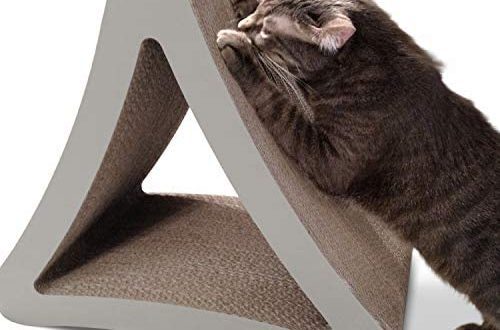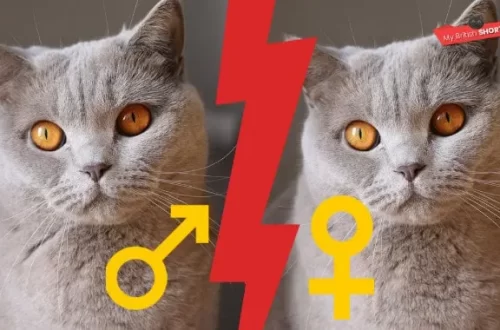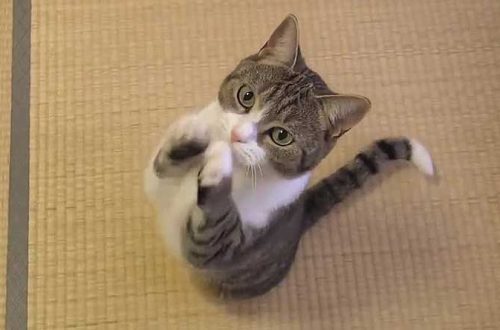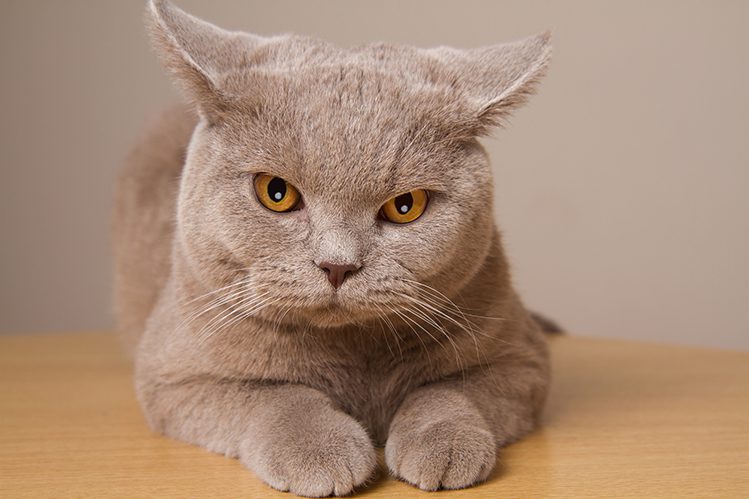
The cat refuses to eat: what to do
Fasting days may be good for you, but not for your cat. If a pet refuses food, he has serious problems for this. What to do in such a situation?
1. We check health.
The reason for the refusal of food can be diseases. Many ailments practically do not manifest themselves in the initial stages, and you may not suspect anything about them. To rule out health problems, take your pet to a veterinarian.
2. We make sure that the food is suitable for the cat.
The selected food should be similar to the pet in composition and physiological characteristics. Cats are predators, and the basis of the diet of all predators is meat. Therefore, in the list of ingredients in the composition, meat should be in the first place. Choose food strictly for its intended purpose, depending on the cat’s lifestyle, breed and age. Veterinary diets are shown to pets on the recommendations of a veterinarian.

3. We follow the quality.
Perhaps the purchased feed is of inadequate quality. Before buying, be sure to check the integrity of the packaging and the expiration date of the diet. Beware of fakes and do not buy feed by weight, because. you do not know what kind of food it is and in what conditions it was stored.
And one more important point: food in bowls should always be fresh. Products and ready-made canned food spoil quickly. Uneaten food will have to be thrown away, and the bowl thoroughly washed. Dry food retains its qualities much longer, but in a bowl it fizzles out and must be renewed.
Dry food poured into a bowl three days ago will not attract a cat!
4. We follow the diet.
The main thing is to choose a balanced, suitable diet for the cat and stick to it strictly in the future. The cat can be fed either natural products (at the same time, pet food must be prepared separately), or ready-made food: wet and (or) dry. It is not recommended to change the type of feeding and feed lines unless absolutely necessary. This is a direct path to digestive disorders and cat refusal to feed.
Recall that it is impossible to combine two types of feeding (natural products and ready-made feeds). But ready-made dry and wet food to combine in one diet is not only possible, but necessary!
5. We bring variety.
Cats like a varied diet, but the variety has to be right. Products from the human table and chaotically selected delicacies do not belong to this. If a cat eats dry food, it will be right to diversify her diet with wet food (canned food) from the same manufacturer or at least the same class.
To increase interest in food (as well as to encourage and show your love), treat your cat with special treats that are not only delicious, but also healthy. So, there are goodies for the prevention of diseases of the oral cavity or to maintain the beauty of the coat. And there are also special liquid cream treats that can be used as an appetizing sauce, i.e. pour them over your cat’s usual food (for example, Mnyams cream treats with tuna, scallop or chicken). Feeling the new shades of aroma and taste, the pet will gobble up his lunch on both cheeks!
6. I am setting the mode.
It is believed that dry food should always be freely available to the cat. But some fussy people lose interest in what is always under their noses. Perhaps your cat is one of them? Try to feed your pet at a specific time, and do not feed her anything in between.
7. We select the right bowls.
Surprisingly, refusing to eat can be triggered by the wrong bowl. On our portal, we told.
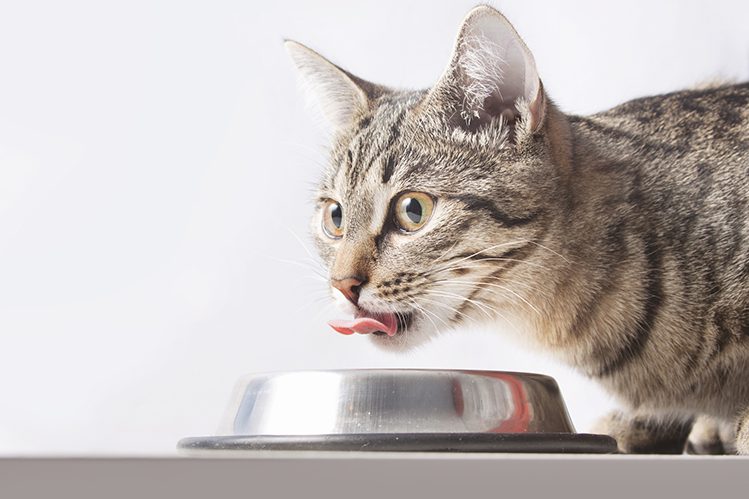
8. We select the right place for feeding.
A cat will never eat if something annoys her, so bowls should be placed in a quiet place, away from appliances, household chemicals, passageways, drafts and, attention, a cat tray!
9. We support the active mode of the day.
The more the cat moves, the better its appetite. A sedentary lifestyle is a direct path to excess weight and health problems. Involve the cat in active games more often, then interest in the environment (and even more so in food) will be warmed up.
10. Eliminate stress.
A cat will never eat when stressed. If your pet is worried, try to eliminate the causes as soon as possible. In case of severe prolonged stress, consult a veterinarian.
We hope these recommendations will help restore your pet’s appetite!



